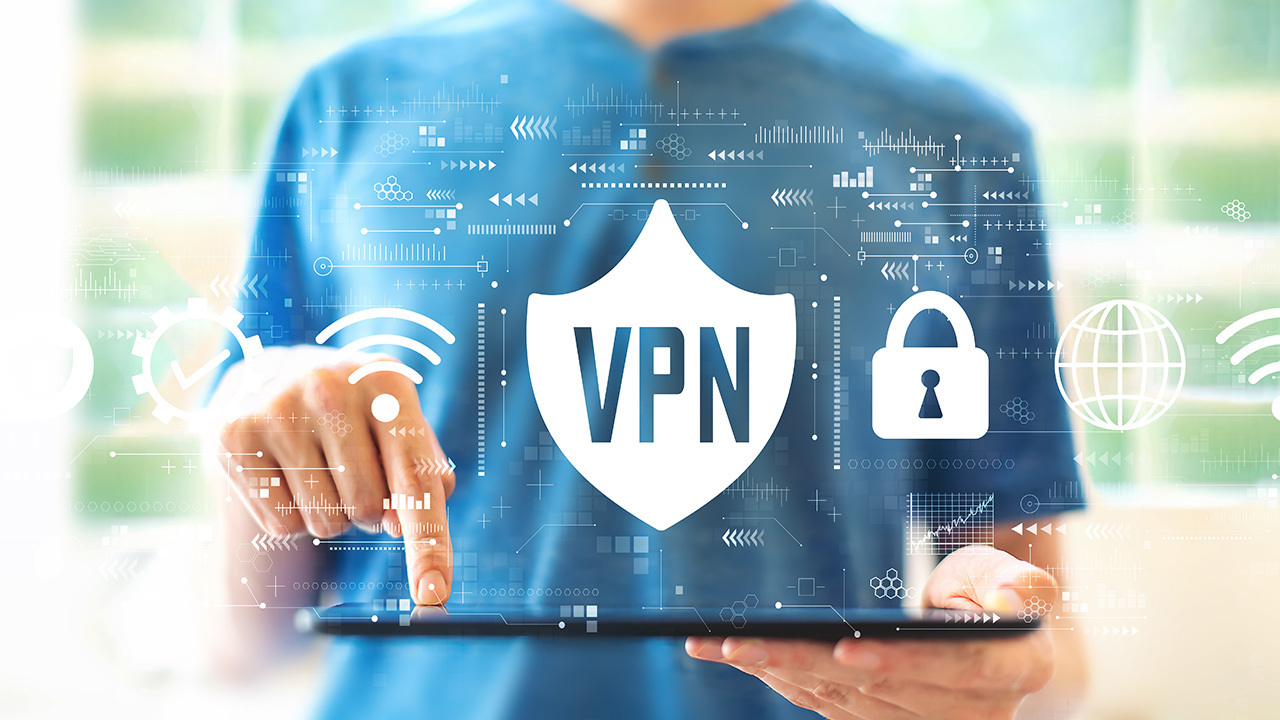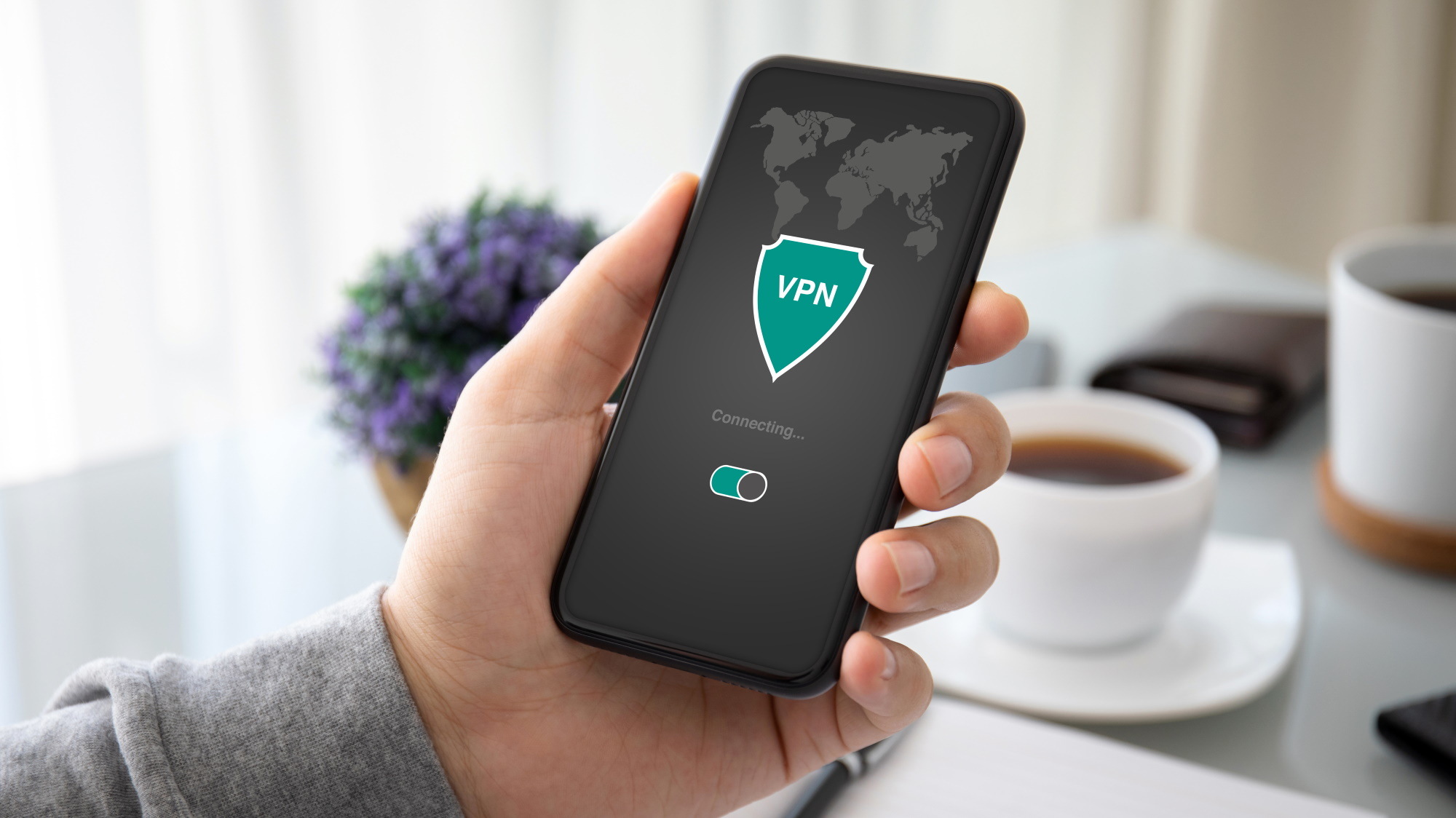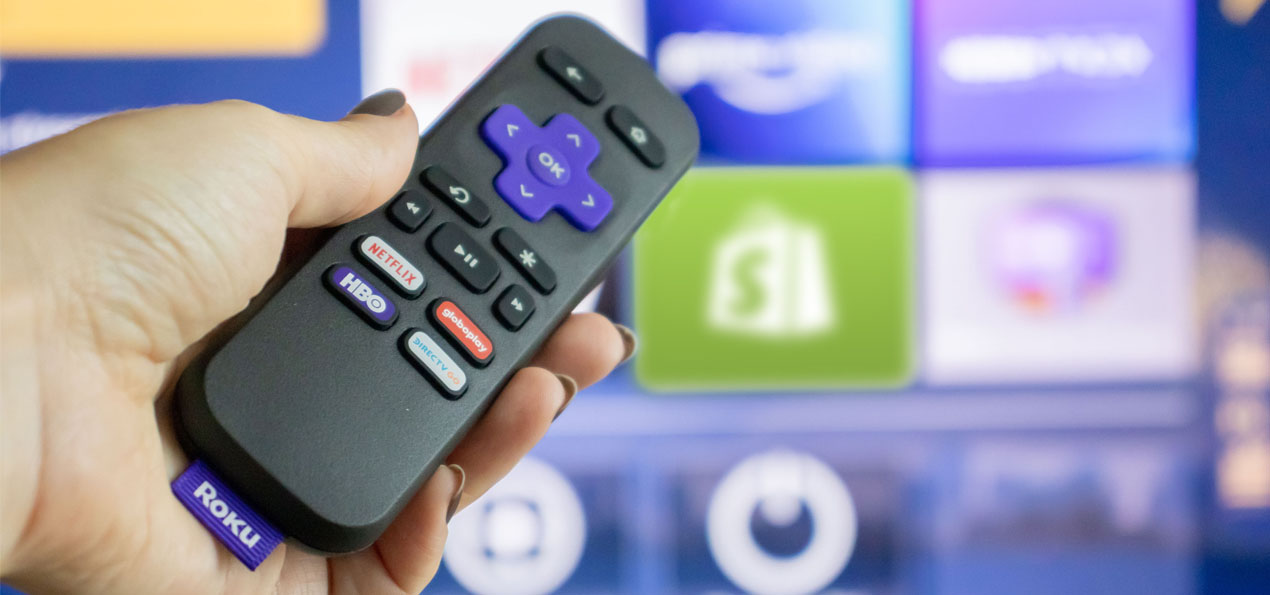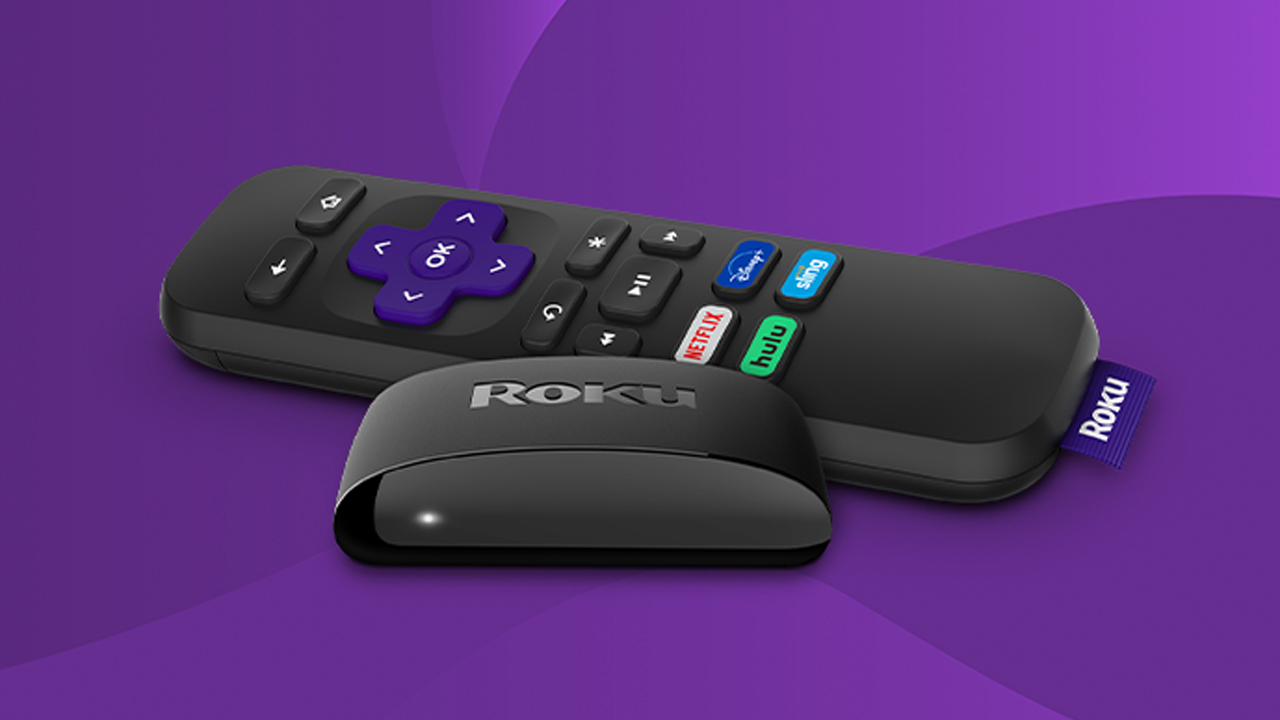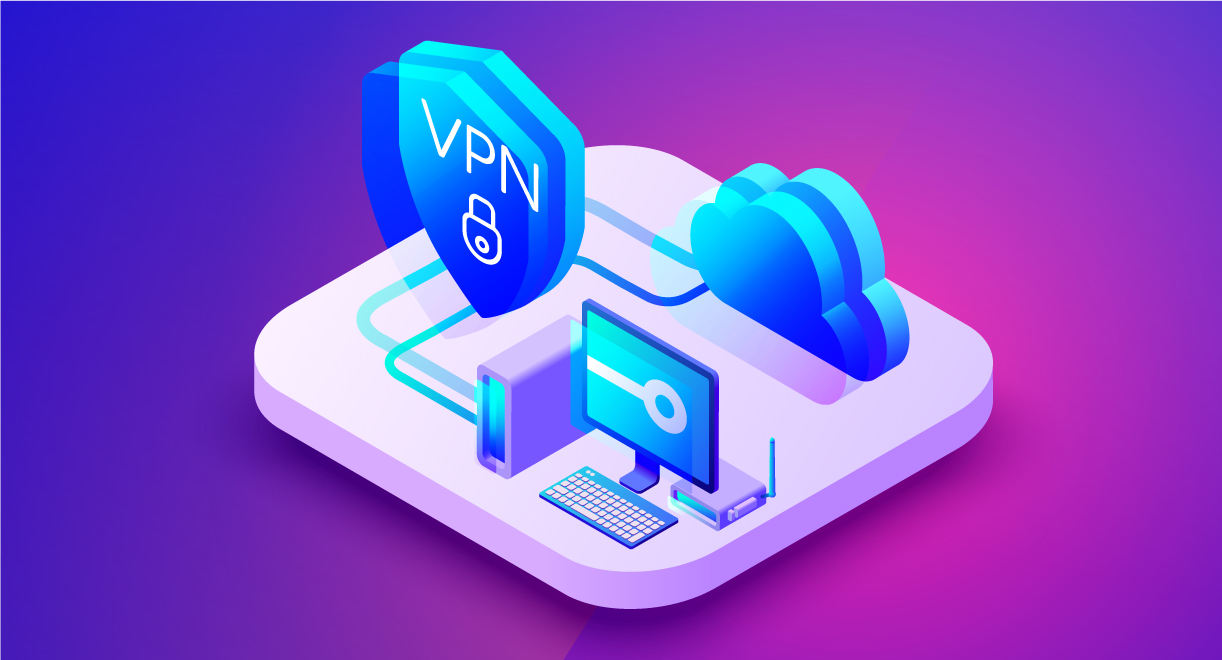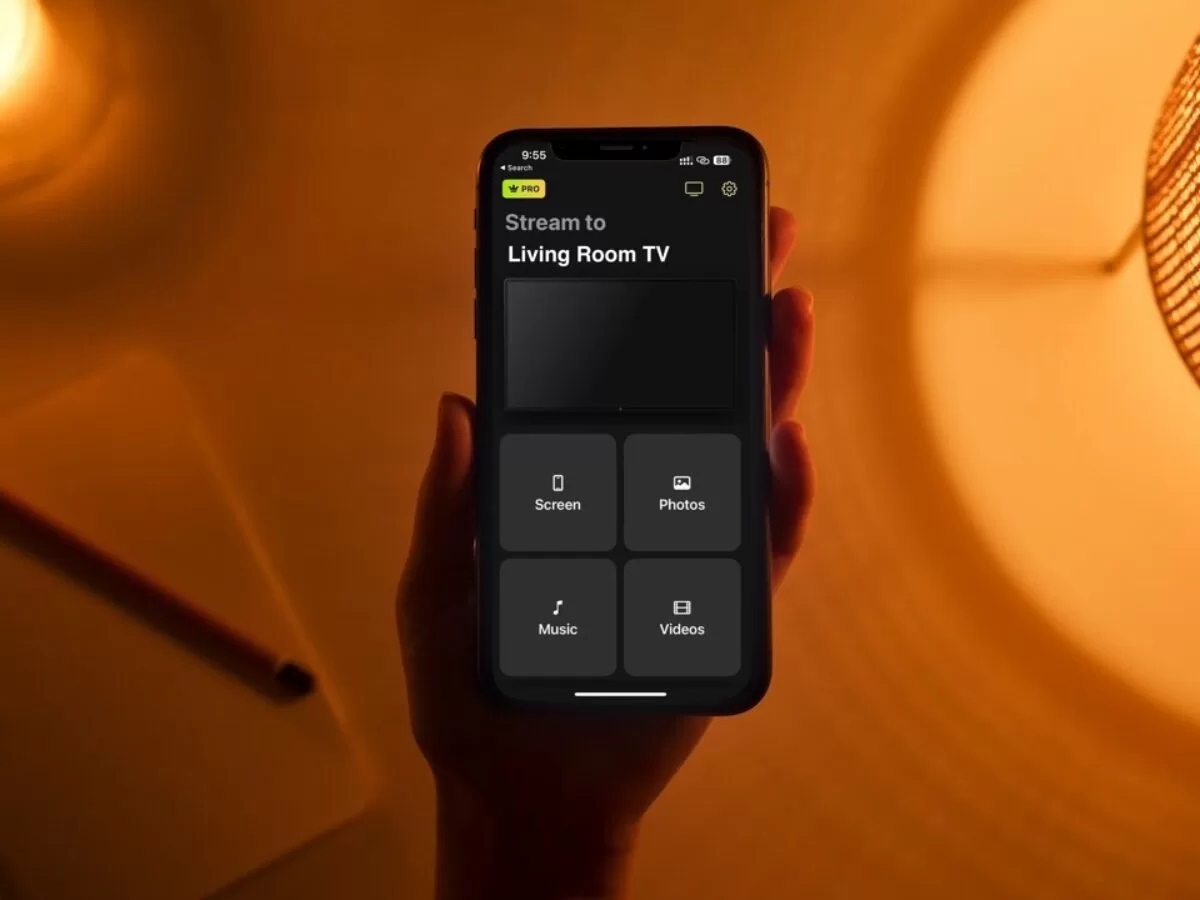Home>Software and Apps>Unlocking the Power of VPN on Your Phone
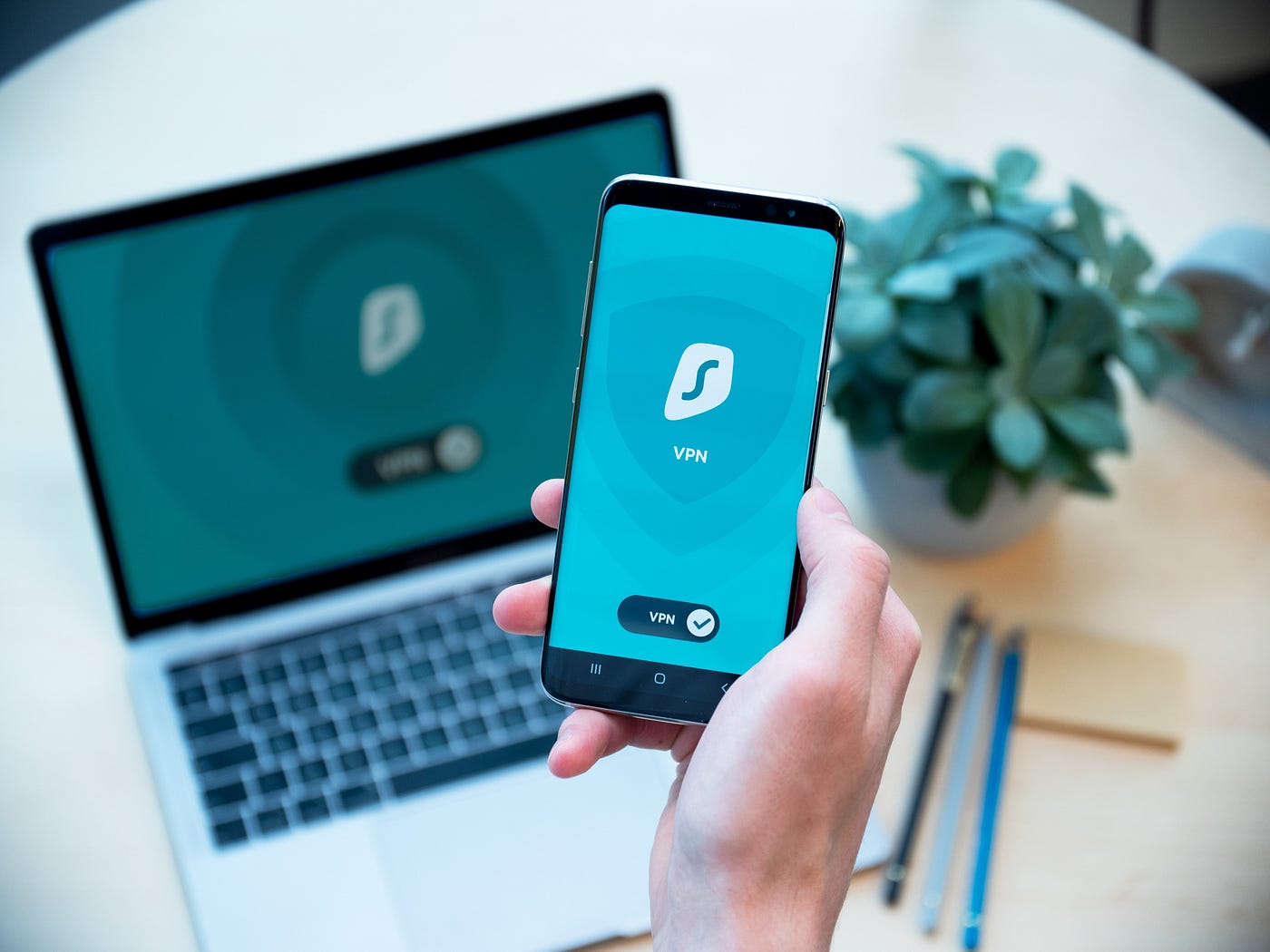

Software and Apps
Unlocking the Power of VPN on Your Phone
Modified: September 5, 2024
Discover the best software and apps for unlocking the power of VPN on your phone. Enhance your online security and privacy with top-rated VPN solutions.
(Many of the links in this article redirect to a specific reviewed product. Your purchase of these products through affiliate links helps to generate commission for Techsplurge.com, at no extra cost. Learn more)
Table of Contents
What is a VPN?
A VPN creates a secure, encrypted connection between your device and a VPN server. This connection masks your IP address, making it difficult for third parties to track your online activities. Essentially, a VPN acts as a tunnel through which your internet traffic passes, ensuring that your data remains private and secure.
Benefits of Using a VPN
Enhanced Security
- Encryption: VPNs encrypt your internet traffic, making it unreadable to anyone intercepting it. This encryption ensures that even if your data is intercepted, it will be useless to the interceptor.
- Protection from Hackers: By encrypting your data, VPNs protect you from hackers who might try to steal your personal information or sensitive data.
Privacy
- IP Address Masking: A VPN masks your IP address, making it difficult for websites and advertisers to track your online activities. This is particularly useful if you want to browse the internet without being targeted by ads based on your location.
- Location Privacy: With a VPN, you can pretend to be in a different location, which is useful for accessing geo-restricted content or avoiding location-based restrictions.
Access to Geo-Restricted Content
Many streaming services and websites restrict content based on your location. A VPN allows you to bypass these restrictions by making it appear as though you are accessing the content from a different country.
Public Wi-Fi Safety
Public Wi-Fi networks are often unsecured, making them a hotspot for hackers. Using a VPN when connected to public Wi-Fi ensures that your data remains secure and private.
Speed and Performance
While some people believe that VPNs slow down your internet speed, many modern VPNs are designed to be fast and efficient. Some even offer optimized servers for streaming and gaming.
How Does a VPN Work?
Connection Establishment
When you connect to a VPN, your phone establishes a secure connection with the VPN server. This connection is encrypted using advanced algorithms like AES (Advanced Encryption Standard).
Read more: Unlocking The Power Of VPN Sharing
Data Encryption
Once the connection is established, all your internet traffic is routed through the VPN server. The data is then encrypted before it leaves your phone and decrypted once it reaches the VPN server.
IP Address Masking
The VPN server assigns you a new IP address, which is different from your actual IP address. This new IP address is used to communicate with websites and other online services.
Data Routing
The encrypted data is then routed through the VPN server to its final destination on the internet. This ensures that your data remains private and secure throughout the journey.
Choosing the Right VPN for Your Phone
Security Features
Look for VPNs that use strong encryption protocols like AES-256. Also, ensure that the VPN has a no-logs policy, meaning they do not store any of your activity logs.
Server Locations
If you want to access geo-restricted content, you'll need a VPN with servers in multiple locations. Some popular locations include the United States, the United Kingdom, and countries in Europe.
Speed and Performance
While security is crucial, speed is also important. Look for VPNs that offer optimized servers for streaming and gaming. Some VPNs even provide speed tests to help you find the fastest servers.
Ease of Use
A good VPN should be easy to set up and use. Look for apps that are user-friendly and offer features like automatic connection, kill switches, and split tunneling.
Read more: Unlocking the Power of UF VPN: A Tech Blog
Customer Support
Good customer support is essential in case you encounter any issues with the VPN. Look for VPNs that offer 24/7 customer support via multiple channels like email, chat, and phone.
Compatibility
Ensure that the VPN is compatible with your phone's operating system (iOS or Android) and any other devices you might use (like laptops or tablets).
Popular VPN Options
ExpressVPN
Known for its strong encryption and fast speeds, ExpressVPN is a popular choice among users. It offers servers in over 90 countries and has a user-friendly app.
NordVPN
NordVPN is another highly-rated VPN that offers robust security features and fast speeds. It has servers in over 60 countries and supports up to six devices per subscription.
ProtonVPN
ProtonVPN is a secure and user-friendly option that offers free and paid plans. It uses strong encryption and has servers in multiple locations.
TunnelBear VPN
TunnelBear VPN is known for its user-friendly interface and strong security features. It offers servers in over 20 countries and supports up to five devices per subscription.
Private Internet Access (PIA)
PIA is a budget-friendly option that offers strong security features and fast speeds. It has servers in over 80 countries and supports up to ten devices per subscription.
Setting Up a VPN on Your Phone
Download the VPN App
Visit the app store on your phone (App Store for iOS or Google Play Store for Android) and download the VPN app of your choice.
Install the App
Once downloaded, install the app by following the prompts on your screen.
Launch the App
Launch the VPN app and sign up for an account if you haven’t already.
Choose a Server Location
Select a server location from the list provided by the VPN service. You can choose based on speed, location, or any other criteria.
Connect to the VPN
Tap the connect button to establish a secure connection with the VPN server.
Verify Connection
Once connected, verify that your IP address has changed by checking a website like whatismyip.com.
Troubleshooting Common Issues
Connection Issues
- If you're having trouble connecting to the VPN, check your internet connection first. Ensure that your phone is connected to a stable Wi-Fi network or cellular data.
- Restart your phone and try connecting again.
- Check the VPN app settings to ensure that it is configured correctly.
Speed Issues
- If you're experiencing slow speeds, try switching to a different server location.
- Some VPNs offer optimized servers for streaming and gaming, which can improve performance.
App Crashes
- If the VPN app crashes frequently, try updating it to the latest version.
- Clear the app's cache and data to resolve any issues related to corrupted files.
Read more: Unlocking the Power of UF VPN: A Tech Blog
Customer Support
If none of the above solutions work, contact customer support for assistance. Most VPN services offer 24/7 support via multiple channels.
Using a VPN on your phone is an essential step in protecting your privacy and security online. By understanding how VPNs work and choosing the right one for your needs, you can enjoy a secure and private browsing experience. Whether you're accessing geo-restricted content or simply want to protect yourself from hackers, a good VPN is your best bet. Always remember to check the security features, server locations, speed performance, ease of use, customer support, and compatibility before making a decision. With these tips in mind, you'll be well-equipped to unlock the full power of VPNs on your phone.

